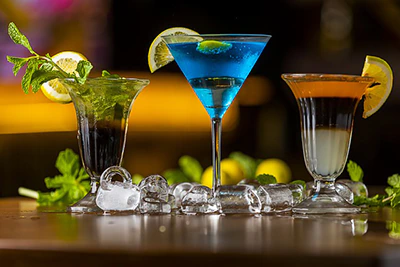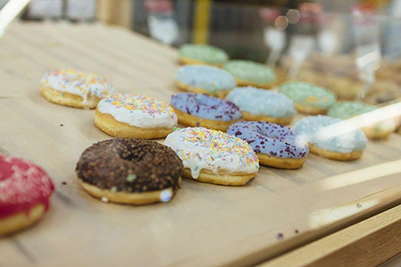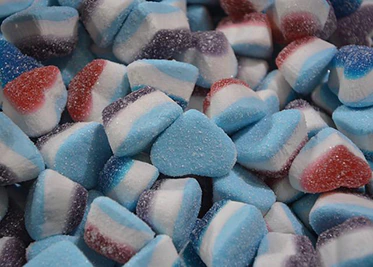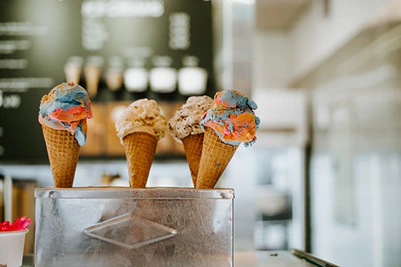| Additive Summary | Delphinidin (E163b) |
|---|---|
| Essence | Delphinidin or E163b is an organic compound known as Anthocyanidin belonging to the Anthocyanin group of additives (or E163b) that is typically used for blue natural food coloring. It’s naturally found in many various red and blue-colored berries, as well as fruits and vegetables. |
| Names | CAS 13270-61-6, Delphinidine, Aurobanin A, Delphoside, Delphinidin-3-O-Glucoside, Delphin Chloride, Delphinidinchloride, Delphinidol, Ephdine, E163b, Delphinidin, and others. |
| Sourcing | The most common commercial sources of the substance include grapes, black carrots, and purple sweet potatoes. |
| Manufacturing | Unknown. |
| Application | Coloring (blue to red, water-soluble, pretty unstable). |
| Acceptable Daily Intake | None determined. |
| Side Effects | None known. Delphinidin is a genuinely safe substance to consume. |
| Benefits | This organic compound is an extremely powerful antioxidant that also offers radioprotective properties. It also offers anti-inflammatory effects, promotes brain health, improves energy levels, boosts anti-aging, supports bone health, and fosters heart health. There is also anti-diabetes, anti-obesity, anti-microorganism, anti-cancer, and neuroprotective capacity in its arsenal and other benefits. |
| Studies | 1,200+ studies on Pubmed. 45+ studies on safety. |
| Allergens | None. |
| Diet Restrictions | Jews may not welcome the fact that Delphinidine can be created from grapes. |
| Health Knight Assessment |
Only Beneficial. | Category 0 Additive. |
| Products | It can’t typically be found with supplements. It can be naturally found in maqui berries, blueberries, all kinds of red and black grapes, bilberries, pomegranates, cranberries, strawberries, red cabbages, blackberries, blackcurrants, cherries, elderberries, red sweet potatoes, purple sweet potatoes, black carrots, plums, mulberries, raspberries, apples, peaches, red pears, radishes, redcurrants, chokeberries, loganberries, acai berries, lingonberries, cloudberries, aubergines, black common beans, black olives, red onions, and others. It can be found in many different processed foods like puddings, desserts, jellies, candy, chocolates, ice creams, sweets, fruit bars, chocolate bars, cereal bars, yogurts, food decorations, pastries, macaroons, sorbets, sauces, biscuits, soft drinks, juices, syrups, energy drinks, cakes, chewing gum, caviar, and others. |



